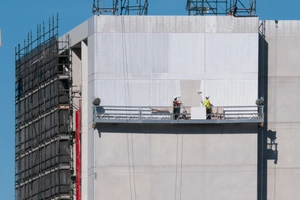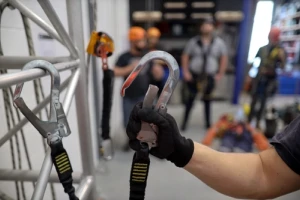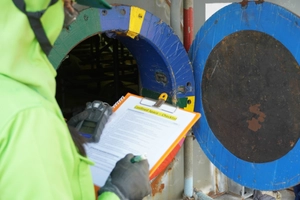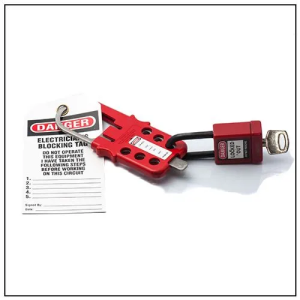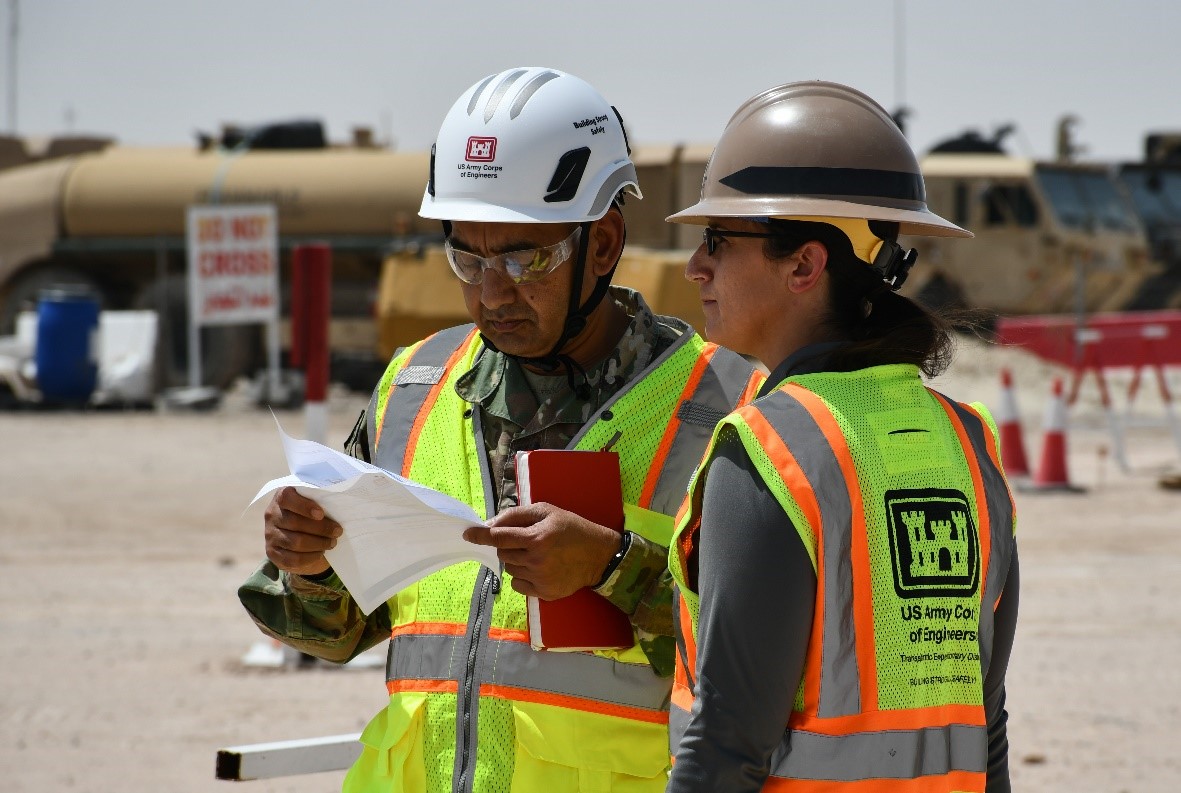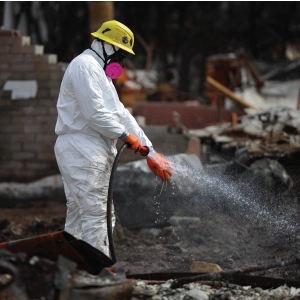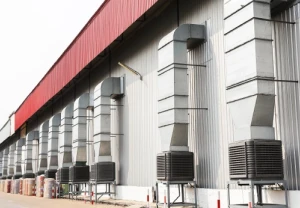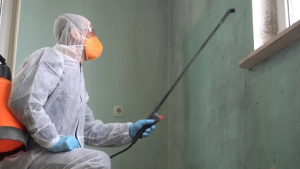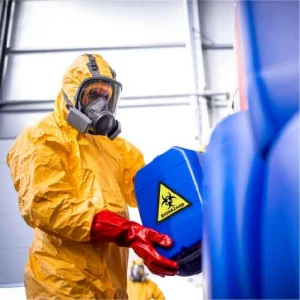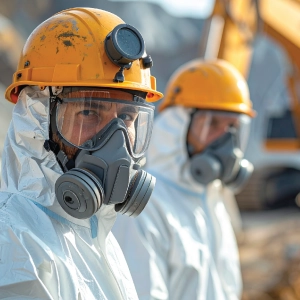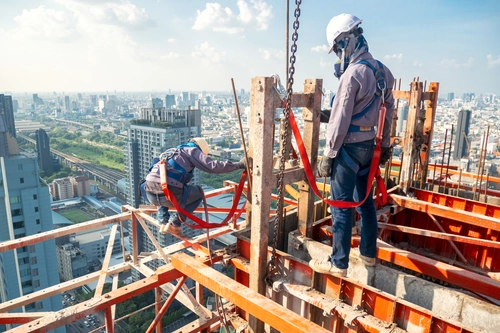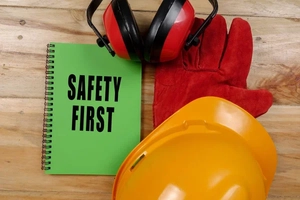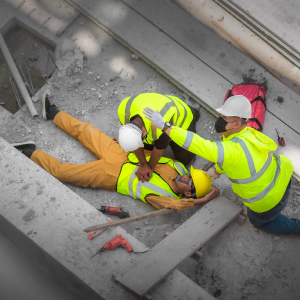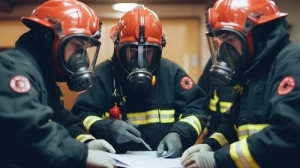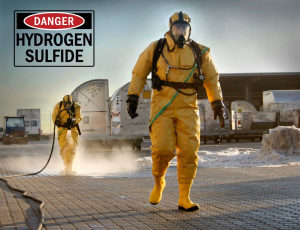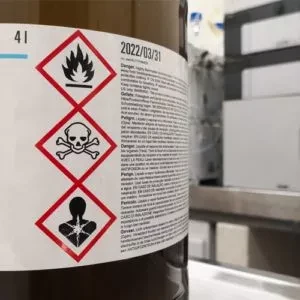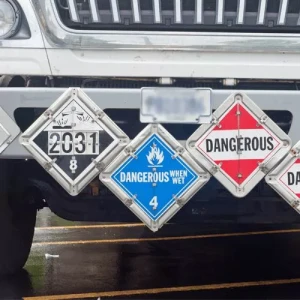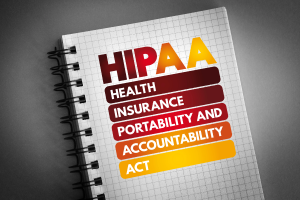OSHA Qualified Person for Scaffolding Safety Training
- Supports compliance with OSHA’s 29 CFR 1926 Subpart L requirements.
- Available in:
 English |
English |  Español
Español - Ideal for individuals designated as a Qualified Person responsible for planning, designing, and maintaining scaffold systems
- Study according to your own pace and preferred timetable
- Pass the final exam and receive your certificate immediately via email
- We offer SCORM-compliant, online streaming, virtual instructor-led, or in-person learning formats.
0.3
Course Facts
What You Get
Training Duration
Learning Type
Course Access Validity
Device Support
Certificate Validity
Scaffolding are a commonly used component of construction projects. When scaffolds are not built or inspected correctly, the consequences can be fatal to people working in and around them. According to the Bureau of Labor Statistics' Census of Fatal Occupational Injuries (CFOI), 52 workers were killed in falls from scaffolding in the year 2020. Most of these fatalities could have been avoided by following OSHA regulations and ensuring that qualified persons had been trained and given the necessary knowledge on regulations.
OSHA 29 CFR 1926 Subpart L mandates that a Qualified Person be responsible for scaffold design and ensure it is erected and maintained safely. Our OSHA Scaffolding course is developed to give construction supervisors, lead erectors, and safety workers the knowledge to design scaffolds considering appropriate load capacities and other regulatory requirements. By the end of the training, participants will have the knowledge to design effective scaffolding systems, inspect structural components, identify hazards, adhere to OSHA regulations, protecting employees on job sites.
Who Can Benefit from this OSHA Scaffolding Requirements Training?
This Qualified Person for Scaffolding course is ideal for professionals aspiring or holding the "Qualified Person" designation for scaffolding. Scaffold inspectors, designers, and engineers will enhance their ability to assess structural security. Superintendent, project manager, and foreman will strengthen their inspection of the scaffolding planning, construction, and use. Site security managers will also benefit from this training as they will receive insights for hazard assessment and investigation. At the same time, procurement teams will better understand the scaffolding components and PPE requirements to meet OSHA standards for safety and health.
OSHA Scaffold Training Course Syllabus
This OSHA Scaffolding Certification Online course consists of 6 lessons. Students are required to take each lesson in sequential order as listed below.
Introduction
Lesson 1: Scaffolding – An Overview
The lesson explains the basic principles of scaffolding, its purpose, type, and related hazards. Learners will be able to distinguish between the main categories of scaffolding and the different types of scaffolding used for specific construction activities. The lesson highlights the key OSHA regulations under 29 CFR 1926 Subpart L with a focus on the responsibilities of a Qualified Person.
Lesson 2: Safe Access and Fall Protection.
The lesson focuses on the regulatory requirements of OSHA to ensure safe access to scaffolds and protect workers from falling from heights and falling object hazards. Learners will understand the correct application of personal fall arrest systems, guardrails, and falling object protection methods on the basis of scaffolding type and job activity.
Lesson 3: General Requirements for Constructing Scaffolds.
Improper scaffold construction is a cause of serious injuries and fatalities on construction sites. This lesson highlights the responsibilities of a Qualified Person to ensure safe scaffold erection and use including design, structural integrity, and compliance with OSHA regulations. It explains how to determine the scaffolding type, calculate the load capabilities, establish a solid foundation, and construct safe platforms.
Lesson 4: Requirements for Specific Types of Scaffolds.
Suspended and supported scaffolds require specific structural components and safety protocols to function safely. This lesson explains the technical requirements for components used as recommended by OSHA. It includes requirements for counterweights, tiebacks, and wire rope systems for suspended scaffolds, as well as the critical bracing and foundation requirements for supported scaffolds.
Lesson 5: Personal Protective Equipment.
Working on scaffolds presents various safety challenges as workers are working at heights. Thus, workers must use proper PPE to prevent accidents and reduce injury risks. This lesson explains the importance of PPE and the PPE required for working on scaffolding. It emphasizes the importance of regular PPE inspection and maintenance to ensure safety.
Lesson 6: Emergency Procedures for Scaffolding Erection and Use.
This lesson emphasizes the need for effective emergency preparation in case of scaffolding mishaps or worker accidents while working on a scaffold. It discusses underlying steps during and after a scaffolding incident to protect workers and reduce losses.
Final Examination
Frequently Asked Questions
All our courses are designed to take a specific amount of time. However, some students may complete this online training course much faster than others. It will take around 3 hours to complete.
The OSHA Qualified Person for Scaffolding Training course is important because it:
- Ensures compliance with OSHA standards and equips individuals to be designated as Qualified Persons and supports the design, erection, and dismantling of scaffolds according to the 29 CFR 1926 Subpart L, which in turn reduces regulatory violations.
- Explains how to calculate the load capacity, select proper components, implement fall protection equipment, and develop and use emergency procedures to enhance job site safety.
- Empowers qualified personsto manage risks and identify site-specific hazards, and helps apply proper control measures before work begins.
OSHA does not have a specific regulation that outlines a mandatory frequency for refresher training for a qualified person for scaffolding. However, a general practice is to provide refresher training to employees at least once every 3 years. Additionally, according to 29 CFR 1926.454 (c), immediate retraining is required under the following circumstances.
- Changes to the workplace: If new hazards are introduced that an employee has not been trained on.
- Changes in scaffold type, fall protection, or other equipment: If new equipment or procedures are applied, which require different knowledge.
- Inadequacy was observed in an employee's work: If an employee is not demonstrating the skills or understanding required for safe scaffold work.
Beyond these specific OSHA requirements, the frequency of refresher training is usually considered a best practice and is often affected by:
- Employer policies: Many employers set up their own programs for refresher training (e.g., every 2-3 years) to ensure ongoing qualifications and compliance with their internal safety standards.
- Industry best practices: If not mandatory by OSHA, various security organizations and industry standards may recommend more frequent refresher training.
Certificate of Completion: Immediately after passing the final exam, you can download, save, or print your certificate in PDF format.
Validity: Although OSHA does not specify a set expiration, industry best practice is to consider the certificate valid for three years.
Renewal: Simply take this course in 36 months to maintain compliance and stay current on best practices at construction sites.
COURSE OBJECTIVES
This training gives individuals an in-depth understanding of scaffold safety standards. The course emphasizes the importance of proper scaffold design, structural stability, and component inspection. Participants will understand safe installation practices, anchorage systems, and precautions for fall prevention, in addition to other critical areas.
Course Objectives
After completing the course, the learner will be able to:
- Understand the role of a qualified person for scaffolding safety.
- Identify major design factors for scaffolds depending upon intended use, load types, and weather conditions.
- Apply OSHA standards for scaffolding when setting up the scaffold.
- Ensure that suspension scaffolds are properly anchored and tied back with counterweights to prevent tipping or collapse.
- Evaluate the foundation conditions to choose suitable base supports for supported scaffolds.
- Ensure braces, ties, and guys are installed correctly, maintaining a safe height-to-base ratio.
- Explain OSHA requirements for wire rope clips, suspension ropes, and hoisting mechanisms used in suspended scaffolds.
- Plan safe welding operations near scaffolds, such as proper grounding and insulation techniques.
- Recommend and apply the use of proper PPE for scaffolding erection and use.
- Develop effective emergency plans to respond to scaffold failures, injuries on scaffolding, or environmental hazards.
Choose Your Ideal Training Format:



Scorm Package
$159.99/Seat

Virtual Instructor-Led
$449.00/Seat (minimum 10 seats)

Client-Site In-Person
$750.00/Seat (minimum 10 seats)
I now understand my accountability as a qualified person. From evaluating erection procedures to identifying improper bracing, the course was detailed, OSHA-aligned, and focused on real site conditions.
Clear and detailed on what OSHA expects from a qualified person. A great refresher before taking charge of any job site setup.
The load capacity tables and platform span examples were especially useful. I often oversee multiple trades using the same scaffold, and now I can confidently verify if the structure meets required ratings. It reminded me why preplanning cannot be rushed.
The section on OSHA regulations and the role of Qualified Persons helped me pinpoint exactly what I am accountable for, especially when it comes to avoiding electrical hazards and ensuring training for scaffold user
The ROI of Online Safety Training
Discover the value of our efficient alternative to live training, and calculate your return on investment.


Recommended Courses
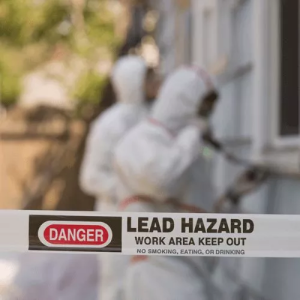

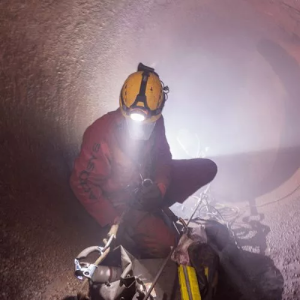
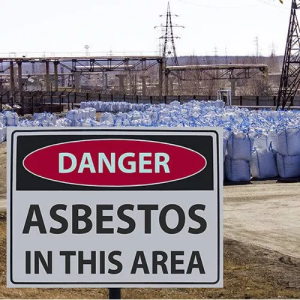
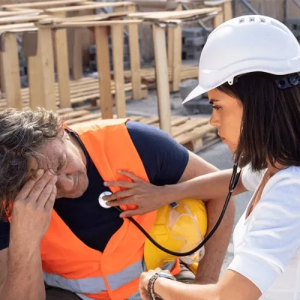


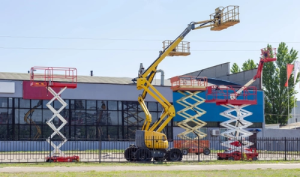
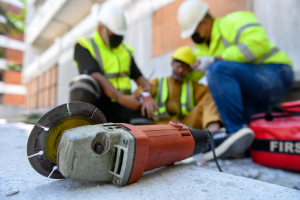

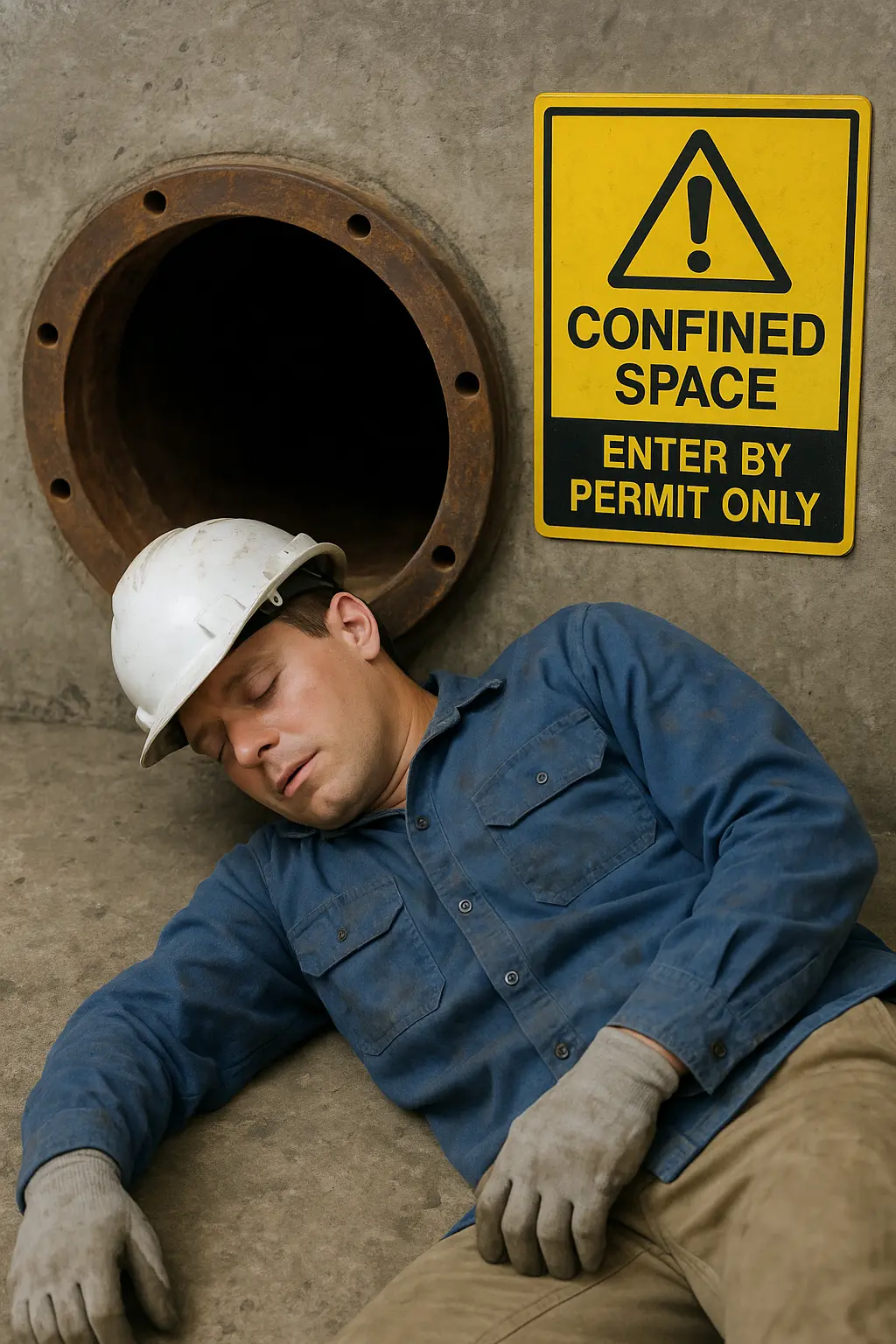

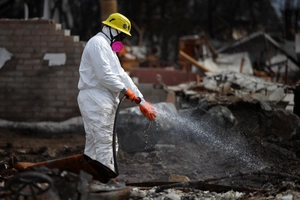






For Corporate Orders and Inquiries please reach out to our sales team at (310) 498-0546
By signing up you agree to receive marketing emails.
Be assured we will never spam you!

 EN
EN ES
ES

